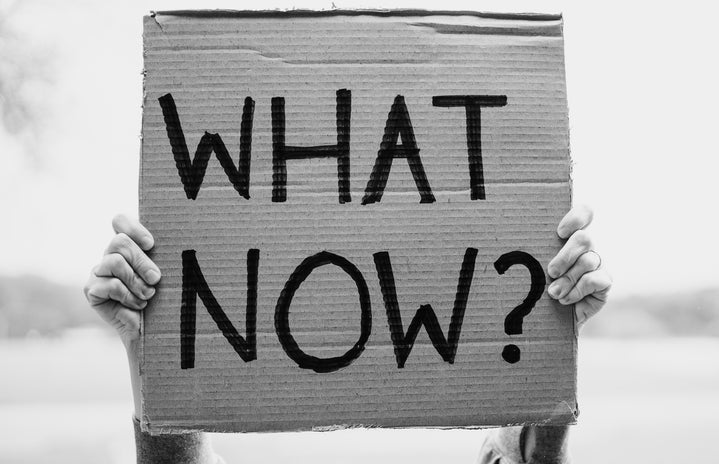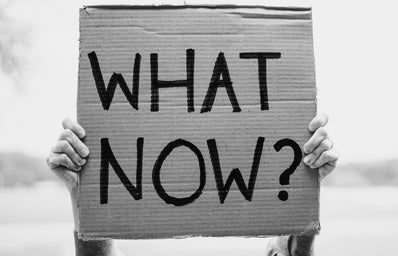The capital city of Delhi conveniently prospers as a paradoxical enigmatic space blending magnified dreams with diminishing possibilities to create realities. It gives space for inequalities to persist even as it spatially constricts the distinctions between the “classes” and the “masses”. At every corner, the privileged share fleeting glances with the underprivileged on a land where manicured roads unite with coarse gravel. None of the two can put each other’s realities out of sight but only one can naturally ignore them. This article sheds light on the peripheral existence of a community often ignored in the silhouette of Shaheen Bagh, Delhi.
Settling in a new nation, as arduous as it gets, is an inevitable transition for the many who are pushed out of their home countries by violation of human rights through perpetuated violence and persecution. The migrant refugee communities struggle to fill cultural gaps, find livelihoods, acceptance and a recognition in milieus that remind them that they’re “outsiders” encroaching on indigenous land and resources. Their other aggravated vulnerabilities can be gauged from a microscopic inspection of their livelihoods and the writer’s brief encounter with Rohingya refugees during a donation drive provides the following notes.
Members of the Rohingya refugee community have been living in clustered camps in Shaheen Bagh, Delhi since several years. They’ve adjusted to their lives and spaces but remain scarred and scared. Inevitably, they take in outsiders with suspicion and a display of their UN issued identification and recognition cards. However, they’ve not forgotten to see the good in people and despite their inhibitions, share their worries with outsiders they deem safe. The family size varies from two members to as many as ten and most families live in obscure poverty with irregular sources of income generated through contractual labor or small businesses. Cramped spaces do not just suffocate but also lead to rapidly escalating fires. Last year, close to our visit, one had destroyed large parts of a neighboring camp leading to deprivation of shelters.
A few families are led by matriarchs struggling to ensure their children get an education, enough food to put them in a good night’s sleep and medication to heal health. They thank us as also the other people who extend relief in cash and kind, narrating that more often than not their only means of sustenance is the help that comes from outside. The pandemic has emerged with a new set of challenges including but not limited to, diminishing work opportunities and terminated education. The children now spend a little more time playing. Mariam is a young girl who despite her initial shyness, finds it in herself to interact with us. The children live with dreamy eyes visualizing themselves in positions of importance like those of doctors.
One may ask how the misfortunes of the Rohingya refugee groups penetrate deeper than those of indigenous poor. To begin with, even after completing as many as fifteen years on the Indian land, they’ve not been able to blend in with the others. Their entrance in the labor market has generated a rivalry between their members and indigenous laborers aggravating the suspicion they’re seen with. Alienated from the quotidian details of their new lives, they also become easy victims of exploitation by employers coming in the form of scanty pays and tenuous work. Their minority status further ensures that their voice remains feeble. The multiplicities in their identities overlap to strain their lives. On top of all of this, they suffer in ways our privilege prevents us to fathom. Some of them are still in search of their family members who are jailed living every single day on the verge of precarity.
The relevant question then is, how can we be of help to them? They’re in need of multifaceted help, a lot of which the readers of this article can arrange immediately. This ranges from psychological, medical to economic aid. If you’re a practicing doctor, psychologist or know of one, your services can help the refugees maintain their physical and mental health. Regular checkups are a luxury they can’t afford but a necessity that can safeguard them from fatalities. If you wish to donate, ration remains the most essential facility and winters call for woolens and blankets. The crucial first step towards an extension of help however, is educating yourself. The fight against refugee problems demands an analysis of issues with sensitivity and care.
Needless to say, your endeavor to support them must be informed. It may often have to go through several layers of administrative work but will go a long way in liberating more refugees from the shackles of economic dependence. Additionally, education alone can liberate the rest of us to help push for the social integration of minority communities like those of refugees.


